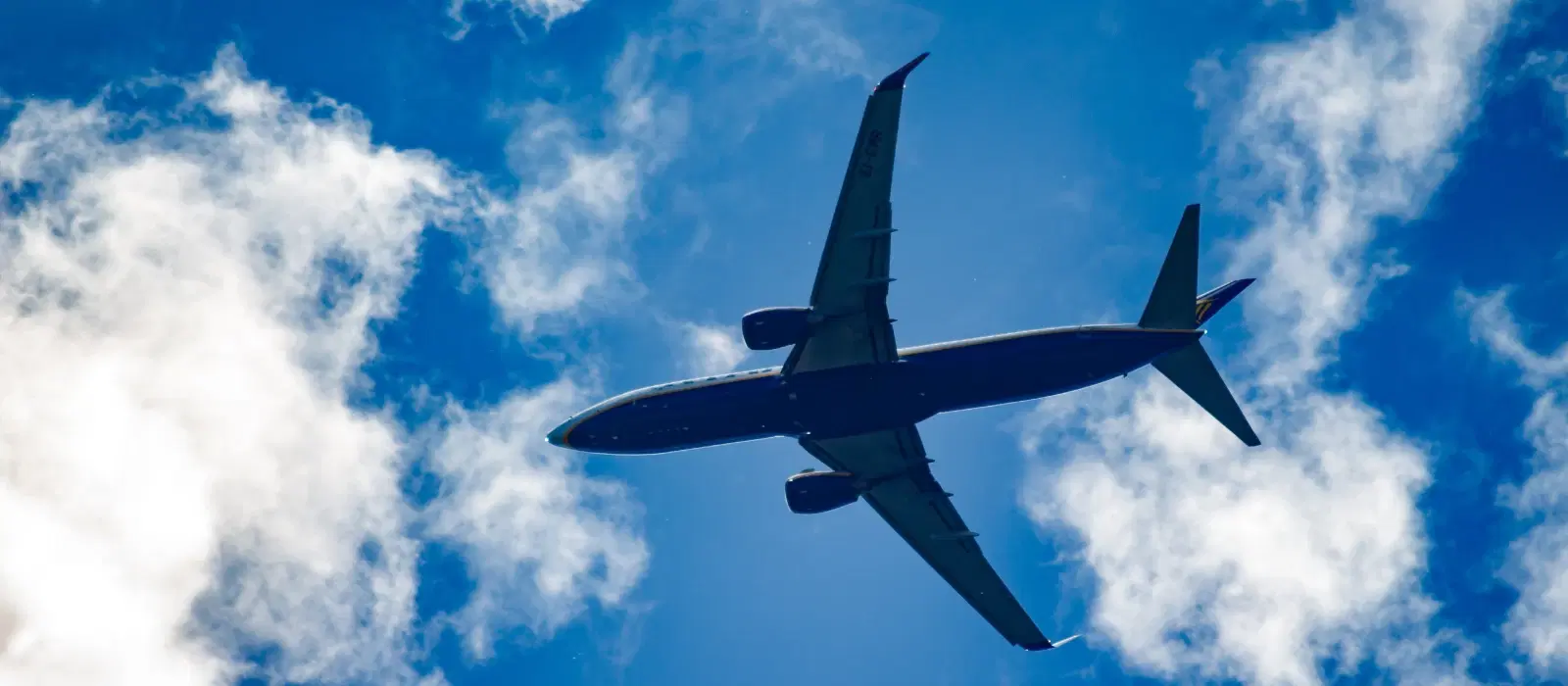
Flights
•03 min read

Imagine you’re mid-flight when suddenly a passenger nearby experiences a health emergency. In those crucial moments, staying calm and being ready to act can make all the difference. This guide provides you with an essential checklist for managing flights emergency health conditions, ensuring you are well-prepared for any unexpected scenarios during your journey.
Air travel affects the body in many ways. Reduced cabin pressure, dehydration, and prolonged periods of sitting can lead to discomfort and even trigger health issues. Passengers might experience dizziness, swelling, or respiratory challenges due to these factors.
Medical emergencies on flights, such as fainting, allergic reactions, heart attacks, or panic attacks, can arise unexpectedly. The high altitude and limited access to immediate medical facilities often complicate these situations. Understanding these risks helps ensure that every traveler can be ready to respond effectively.
Before you embark on your journey, prepare a compact health kit. This kit should include essential medications prescribed by your doctor, a basic first-aid kit, and a copy of your medical history or prescriptions. If you have a chronic condition, carrying documentation such as doctor’s notes can be especially useful during emergencies.
If you have ongoing health issues, a recent surgery, or are pregnant, a pre-flight consultation with your doctor is crucial. Your healthcare provider can guide you on the necessary precautions tailored to your specific needs. For travelers managing conditions like diabetes or asthma, these check-ups can ensure you have all the medications and advice required to minimize health issues during air travel.
Knowing the symptoms of a medical emergency is vital. Look out for signs such as shortness of breath, severe chest pain, or unusual behavior. In these moments, it is important to stay calm and assess the situation before taking action.
-95e61ea7-ab4c-459c-9b20-5d183cfc507b.png&w=3840&q=75)
Follow this step-by-step checklist to manage any health issues on board:
Alert flight attendants immediately. They are trained to handle a variety of medical emergencies on flights.
Use in-flight medical equipment if available, such as oxygen masks or first-aid kits.
If available, communicate with medical professionals via radio support to get further guidance.
Carefully follow instructions provided by the crew or any responding medical personnel.
Did you know that flight attendants are trained in basic first aid and equipped to handle common medical emergencies? Trust their expertise during a crisis.
After a medical incident in-flight, it is important to seek professional medical care immediately upon landing. Visiting a local hospital or clinic ensures that any underlying issues are properly addressed and monitored.
Documenting the event with the airline is beneficial for both follow-up care and any potential insurance claims. This report can provide a detailed account of the incident and aid in any subsequent investigations or procedures.
Maintaining proper hydration is key. Drink water regularly throughout the flight and avoid alcohol and excessive caffeine, which can dehydrate you. Eating light and nutritious meals before and during the flight can also boost your overall well-being.
Simple exercises and stretching routines, even while seated, help circulate blood and prevent muscle stiffness. Take a few moments to stretch your legs, shoulders, and neck during the flight.

Travel can sometimes trigger anxiety or stress. Practice deep breathing techniques, listen to calming music, or engage in quiet activities like reading. These steps can help manage any mental stress during air travel, ensuring a smoother journey for everyone involved.
Your journey begins well before you board the plane. Tata Neu simplifies the booking experience, offering seamless travel planning that integrates exclusive loyalty benefits. With Tata Neu, enjoy the comfort of knowing that every booking – whether it's for your flight or a luxury stay at Taj Hotels, a vibrant experience at Vivanta, or a homely retreat at amã Stays & Trails – comes with rewards. Earn NeuCoins on all bookings (1 NeuCoin = 1₹ saving) and unlock special offers tailored just for you. This approach not only makes travel more affordable but enriches it with the promise of comfort, safety, and the legacy of Tata hospitality.
Alert the flight attendants immediately. They are trained in basic first aid and first response to medical emergencies.
Airlines may restrict travel for passengers with serious conditions that could worsen in flight or endanger others. Consult with your doctor before flying.
Most flights are equipped with first-aid kits, oxygen equipment, and Automated External Defibrillators (AEDs) to handle in-flight emergencies.
Yes, flight attendants receive comprehensive training in CPR and first-aid to manage health issues and emergencies effectively.
Investment in travel insurance is highly recommended to cover unexpected medical expenses incurred during or immediately after your flight.
Being prepared for health emergencies on flights is crucial for ensuring safe and stress-free travel. By understanding the risks associated with air travel, taking proactive steps in pre-flight preparation, executing a calm and effective response during an emergency, and following up with appropriate post-flight care, travelers can maintain their health and peace of mind. Tata Neu’s integrated services and loyalty rewards enhance your journey, ensuring that comfort and safety go hand in hand with every booking.